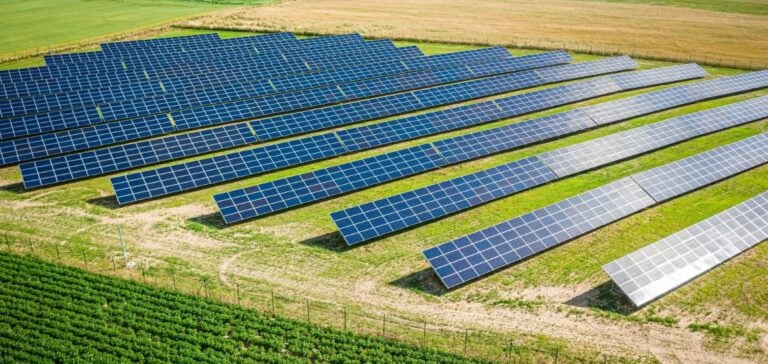SunCable has received environmental approval from the Northern Territory Government and the NT Environment Protection Authority for its Australia-Asia Power Link (AAPowerLink) project. This project aims to establish the world’s largest renewable energy park in the Barkly region, Northern Territory.
The AAPowerLink project plans to supply up to 4 GW of continuous green electricity to industrial customers in Darwin and 1.75 GW to Singapore via a 4,300 km undersea cable. The project will be carried out in two phases, with 900 MW delivered to Darwin in the first phase and an additional 3 GW of capacity in the second phase. In addition, Australia is keen to accelerate its energy transition, as evidenced by the budget announced for the period 2024-2025.
A Pioneering Project for Australia
Obtaining this approval enables SunCable to progress towards the Final Investment Decision (FID) scheduled for 2027. This stage is crucial for progressing with the development, sales and engineering activities required to bring the project to fruition.
SunCable aims to transform the Northern Territory into a renewable energy hub, developing world-class energy resources to supply customers with green electricity.
Economic and social impact
The project is expected to generate over AUD 20 billion in economic value for the Northern Territory during the construction period and the first 35 years of operation. On average, the project will support 6,800 direct and indirect jobs each year during the construction phase, peaking at 14,300.
The environmental approval covers key infrastructure for the project, including a 10 GW solar generation and storage site at Powell Creek, an 800 km transmission line, and a converter site at Darwin to deliver power to Singapore.
Next steps
With this approval, SunCable can now move forward with the negotiation of Aboriginal Land Use Agreements with traditional owners, develop a second generation site to reach 4 GW in Darwin, and explore the integration of wind generation to reduce energy costs.
SunCable has worked closely with regulators and governments to meet the conditions of this approval, including four territory-wide public consultation periods since 2020.
The AAPowerLink project, which has achieved Major Projects status with the Northern Territory Government in 2019 and with the Commonwealth Government in 2020, is now ready for the next phase of its development.






















